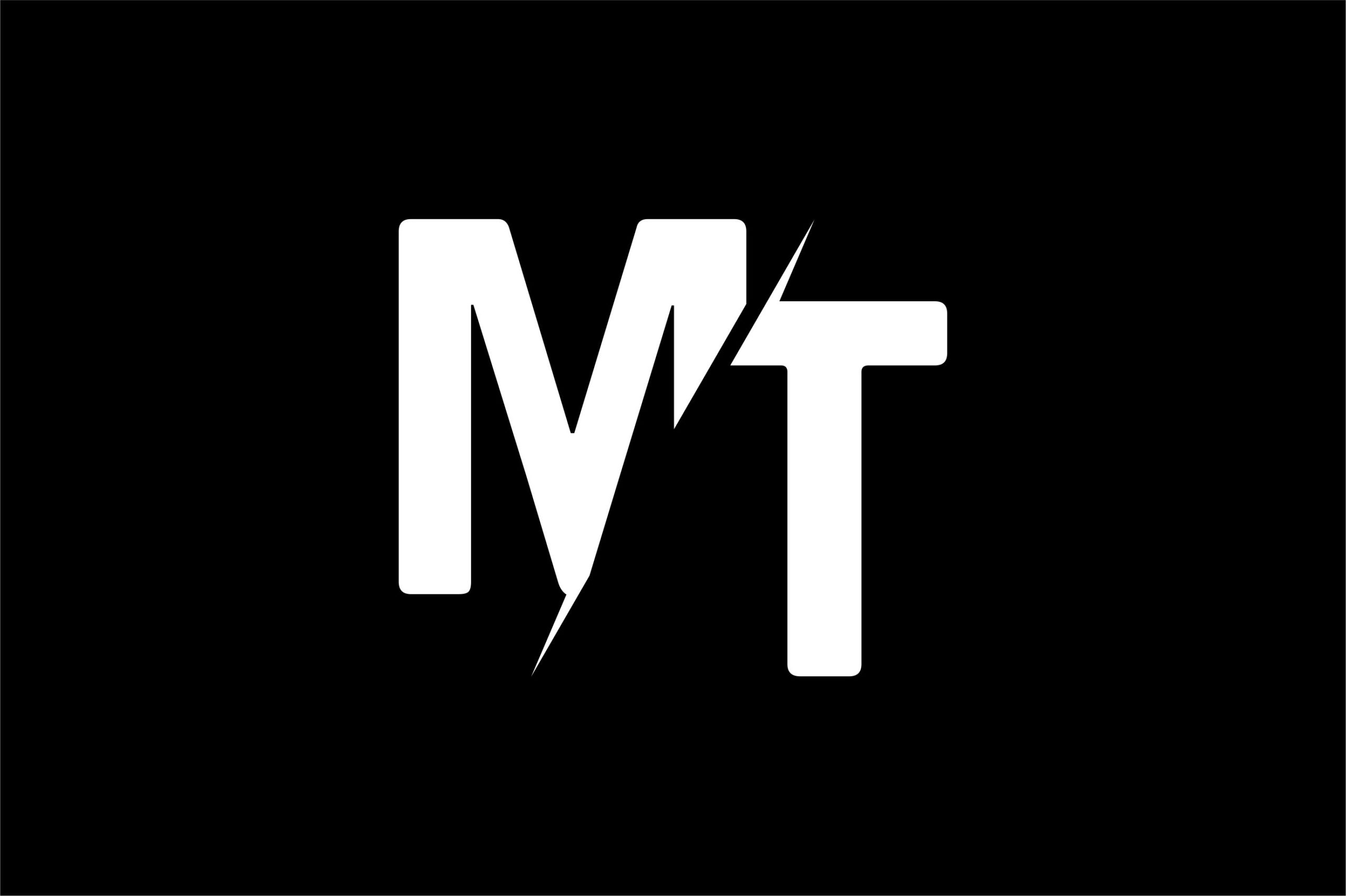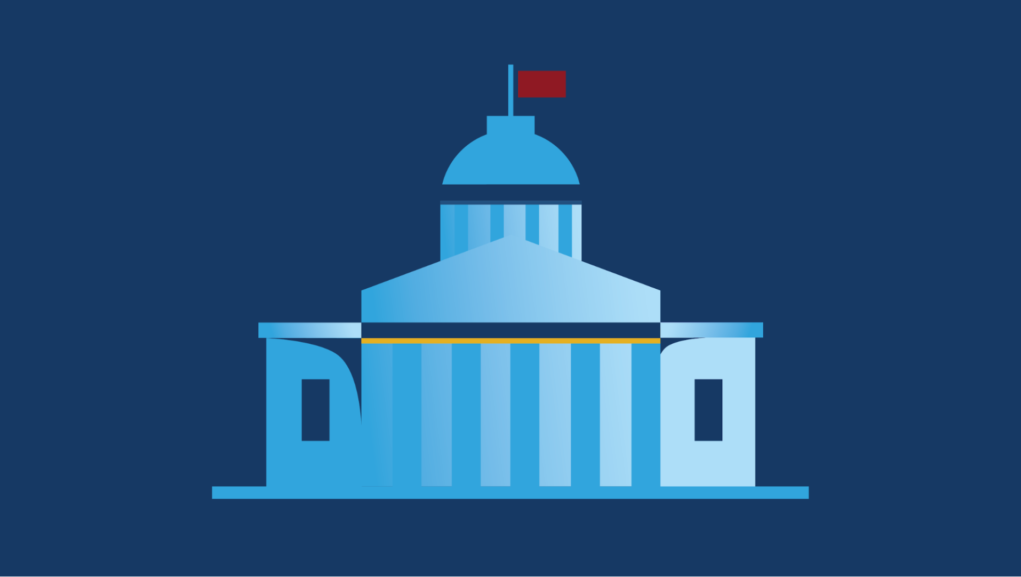This article will discuss some of the government solutions to market failure. Let’s first start with a definition of market failure. Market failure refers to the inefficient distribution of goods and services in an open market. A typical free-market government solution to market failure includes the prices of goods and services. These are determined by the forces of supply and demand, and any change in one of the forces results in a change in price. These changes lead to an equilibrium price.
Market failure occurs when there is a market imbalance due to market distortion. This occurs when the number of goods or services offered does not match the number of goods or services demanded. Some of the distortions that can affect a free market can include monopoly power, price restrictions, minimum wage requirements, and government regulations.
The main causes of market failure:
Externalities
Externality refers to any cost or benefit arising from a transaction involving a third party that does not choose to attribute the benefit or cost. It can be positive or negative. Positive external effects ensure positive effects on third parties. For example, the provision of a good public education will primarily benefit students. But, the benefits of this public goodwill spread throughout society after implementing the government solutions to market failure.
While negative externalities are negative effects that arise from the consumption of a product and have a negative impact on third parties. For example, although smoking is primarily harmful to smokers, it also has a negative effect on the health of those around smokers.
Public Goods
These are goods that are consumed by the population in large quantities. The price does not increase with the increase in the number of consumers. Public goods are non-competitive and non-exclusive. Non-competitive consumption means that goods are efficiently distributed throughout
the population if they are provided at zero price, whereas non-exclusive consumption means that public goods cannot exclude non-payers from their consumption.
Public goods create market failures when a portion of the population who consumes the goods do not pay for it but continue to use the goods as actual payers. For example, police services are public goods that every citizen has the right to use, whether they pay taxes to the government or not.
Market Control
Market control arises when buyers or sellers have the power to determine the price of goods or services in the market. Power prevents the natural forces of supply and demand from setting prices for goods in the market.
On the supply side, sellers can control the prices of goods and services when there are several large sellers (oligopoly) or one large seller (monopoly). Sellers may agree to charge a higher price to maximize their return. Vendors can also control the number of goods produced in the market and negotiate to create scarcity and increase the price of goods.
On the demand side, buyers have the power to control the price of a commodity when the market consists of only one large buyer or several large buyers. When there are only one or a handful of wholesale buyers, buyers can assert their dominance by agreeing to set a price at which they are willing to buy the product from the manufacturer. Practice does not allow markets to match the supply of goods and services with their demand.
Lack of Information
Market failures are caused by a lack of relevant information from buyers or sellers. This means that the bid or ask price does not reflect all the benefits or opportunity costs of a product. Missing information from the buyer can cause the buyer to be willing to pay a higher or lower price for the product because he or she does not know the true use of government solutions to market failure.
On the other hand, insufficient information from the seller can lead to a willingness to accept a product price that is higher or lower than the actual opportunity cost of production.
Now that market failure has been defined and the causes thereof discussed, it is time to look at some solutions.
Legislation
One of the ways governments can deal with market failures is by enforcing behavior-changing laws. For example, the government could ban cars in the city center. They could also impose severe penalties on businesses that sell alcohol to minors as a measure to control unwanted behavior.
Price Mechanism
The price mechanism must change the behavior of consumers and producers. For products that harm consumers, the government can reduce consumption by increasing taxes. For example, taxes on cigarettes and alcohol are raised regularly. This discourages consumption and reduces their harmful effects on third parties.
SIMILAR CONTENT!
- Most Profitable Business In Africa
- Cities In Uk With More Job Opportunities For International Students
- Online Jobs That Pay Through Mobile Money in Zambia
- Zenith bank routing number in Nigeria
- Computer Programmer Salary Per Month In South Africa
- Does Amazon Accept Bitcoin?
- How to get work permit for UK without job offer
- Companies That Accept Cryptocurrency, Uk
- Cities In Uk With More Job Opportunities For International Students
- African bank routing number
- UBA SWIFT Code Port Harcourt
- Access bank Nigeria Routing number
Source: Mtech










